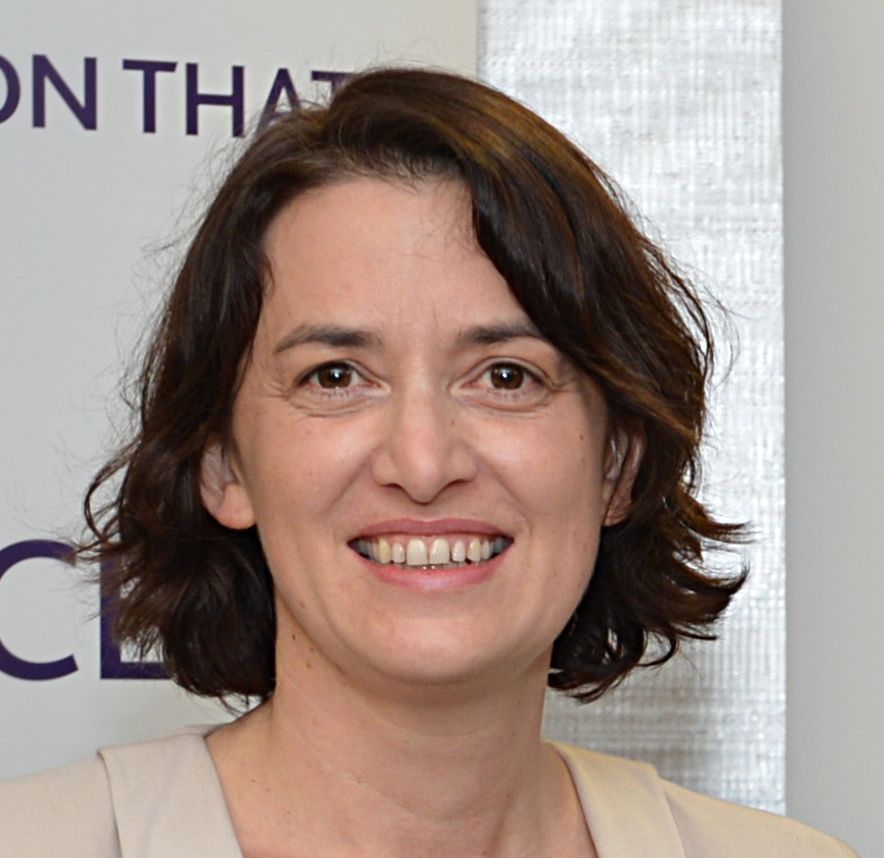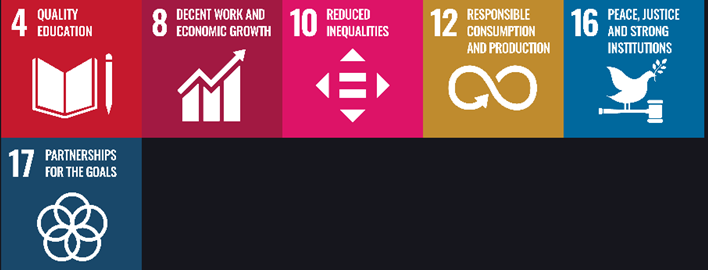Dr Emer Curtis
Associate Professor of Accountancy
J.E. Cairnes School of Business and Economics, University of Galway



Emer completed her BComm at University College Dublin, and her PhD at the University of Manchester in 2006. Her PhD studies and research agenda focus on the practice and regulation of Auditing and she is currently supervising two doctoral students engaged in the study of innovation related to data analytics in auditing, and issues pertaining to identity and (de)professionalisation. She has applied her expertise in the development and implementation of innovation in the audit field to the use of control systems in managing creativity and innovation in industry settings. She is a Fellow of Chartered Accountants Ireland.
Emer is the Associate Head of Internationalisation at the J.E. Cairnes School of Business and Economics, and a member of Academic Council at the University of Galway. She is a non-executive director of Croi, Heart and Stroke Charity and a member of the Audit, Governance and Risk sub-committee of the Board.
Emer's work contributes to these SDGs

How do we ensure we get good value for the enormous amount of society's resources invested in Financial and Sustainability Auditing?
Key Target: 16.6 Develop effective, accountable and transparent institutions

Teaching

Advanced International Financial Reporting
The objective of this module is to develop students’ conceptual understanding of advanced problems of financial reporting and their ability to apply international financial reporting standards (IFRS) to practical situations. We consider the challenges associated with the recognition and measurement of assets in a knowledge economy and evaluate the solutions proposed by relevant IFRS. Students learn to critically evaluate the potential for error and misrepresentation of financial statements and appraise the ethical considerations that are important to international financial reporting.
Supporting Targets: 4.4 Increase the number of people with relevant skills for financial success; 16.6 Develop effective, accountable and transparent institutions
Concepts of Audit
The objective of this course is to give students a good understanding of the institutional environment of modern-day financial audit. We will study the conflicts of interest embedded in the current institutional arrangements and how they manifest in repetitive cycles of debates over auditor independence, audit scandals, and ever-increasing audit regulation.
Supporting Targets: 4.4 Increase the number of people with relevant skills for financial success; 16.6 Develop effective, accountable and transparent institutions
Engagement
Associate Head of Internationalisation, J.E.Cairnes School of Business and Economics.
Non-executive director and member of the Audit, Risk and Governance Committee of Croi, West of Ireland Heart and Stroke Charity.
Visiting Lecturer, Dauphine University, Paris.

Direct impact SDG Targets
4.4 - Increase the number of people with relevant skills for financial success
4.7 - Education for sustainable development and global citizenship
8.6 - Promote youth employment, education and training
10.5 - Improved regulation of global financial markets and institutions
12.6 - Encourage companies to adopt sustainable practices and sustainability reporting
16.6 - Develop effective, accountable and transparent institutions
17.17 - Encourage effective partnerships
Indirect
4.5 - Eliminate all discrimination in education
8.1 - Sustainable economic growth
17.19 - Further develop measurements of progress

Research

Featured Publications
|
References |
SDGs |
|---|---|
|
Curtis, E., Sweeney, B. (2023). Management control practices and pragmatism. Accounting, Auditing and Accountability Journal, 36(9), 200-225. |
7 |
|
Humphrey, C., Sonnerfeldt, A., Komori, N. and 1 more (...) (2021). Audit and the Pursuit of Dynamic Repair. European Accounting Review, 30(3), 445-471. |
9 |
|
Curtis, E., Sweeney, B. (2019). Flexibility and control in managing collaborative and in-house NPD. Journal of Accounting and Organizational Change, 15(1), 30-57. |
9 |
|
Martyn, P., Sweeney, B., Curtis, E. (2016). Strategy and control: 25 years of empirical use of Simons' Levers of Control framework. Journal of Accounting and Organizational Change, 12(3), 281-324. |
15 |
|
Curtis, E., Sweeney, B. (2017). Managing different types of innovation: mutually reinforcing management control systems and the generation of dynamic tension. Accounting and Business Research, 47(3), 313-343. |
9.5; 8.2, 8.3 |
|
Curtis, E., Humphrey, C., Turley, W. S. (2016). Standards of innovation in auditing. Auditing, 35(3), 75-98. |
8.3; 9.5 |
